How Long Does Marijuana Stay in Your System, and What Does It Depend On?
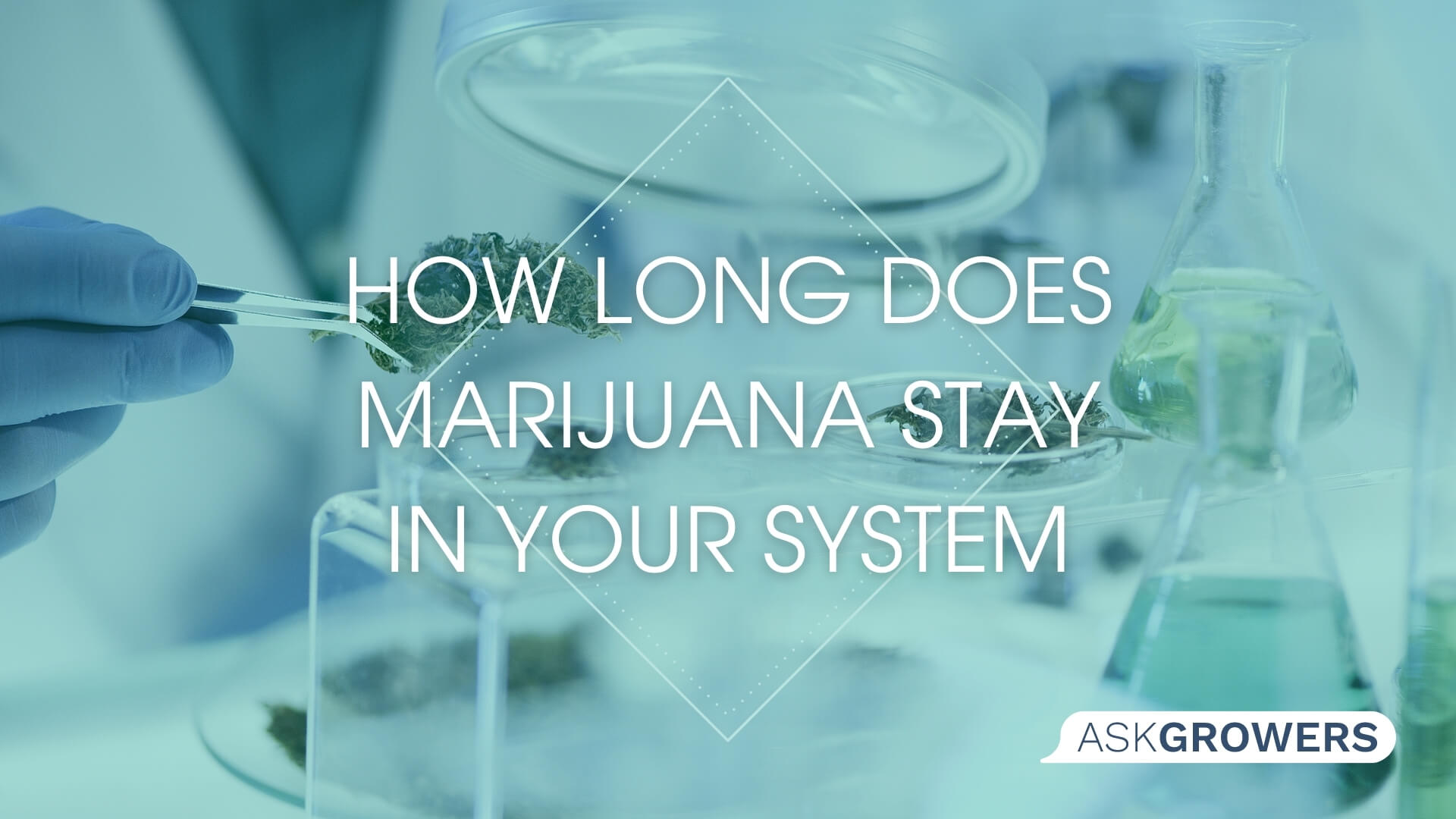
One of the main questions many marijuana users have is how long the weed will stay in the system. While it would be great to have one short and simple answer, the reality is different, and the answer is complex. How long marijuana stays in the person's system depends on many factors, and that's why the time varies from one individual to another.
Some of the factors that play a significant role are the user's metabolism, the level of THC in weed, hydration, how often someone smokes, etc. All these aspects are essential and have an impact on how long weed stays in your body.
What Is Marijuana, and What Happens When You Consume It?
Marijuana is a drug derived from the cannabis Sativa plant known as pot, weed, and ganja. The plant features more than 500 chemicals. It also features naturally occurring compounds, known as cannabinoids. The famous high effect, or the psychoactive effect of cannabis, comes from THC (delta-9-tetrahydrocannabinol), one of two main cannabinoids. The second one is CBD that cannot create a state of euphoria and a high effect.
Read Also: What Is Cannabis: All About Its Compounds and Effects
When marijuana is consumed, it has specific effects on the brain and body of the user. What impacts the consumer will experience and how long they will last depends on the type of usage. The most popular way to consume marijuana is by smoking in pipes, water pipes, or joints. When it is smoked, the effects are usually experienced within one hour. These days, another popular way to consume the plant is by eating edibles. When used in such a way, the effects can be felt after an hour or more. For how long the effect will last depends, but it is usually a couple of hours.
When it comes to the duration of high, it varies. It depends on the consumer's biological makeup, type of strain, cannabis chemical structure, and the way of use (smoking, eating edibles, vaping, etc.). The high may last from half an hour to about twelve hours. The high from heavy edibles can last for long, up to ten hours.
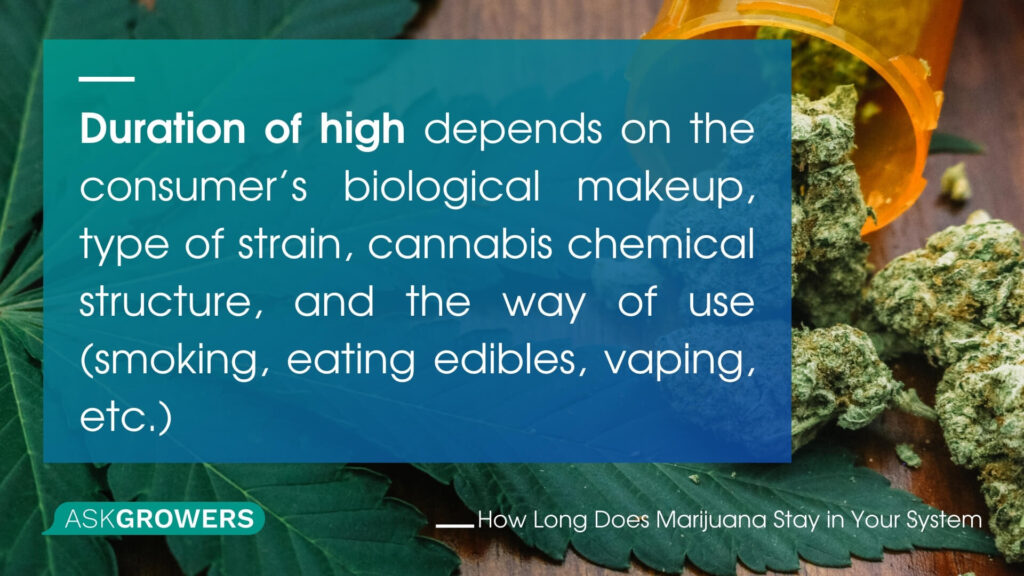
THC will go from the lungs to the bloodstream. Then it continues to the brain and other organs of the body. THC interacts with the endocannabinoid system significantly impacts the brain's parts connected to memory, judgment, movement, etc.
Some of the most common effects marijuana users experience after they consume it are:
- Altered senses
- Mood swings
- Relaxation
- Pain relief
- Stress relief
- Anxiety relief
- Impaired memory
- Impaired coordination
- Not being able to think clearly
- Not being able to make decisions or solve issues
- Fear
- Anxiety
- Paranoia
- Psychosis
- Increased appetite
All the effects listed above are short—term ones. However, the usage can lead to long-term impacts on the brain and body of the consumer, such as Increased heart rate, issues with breathing, nausea, throwing up, to name a few.
How Long Does Weed Stay in Your System?
If you're wondering how long THC stays in your system, the answer may come as a surprise. THC can remain in your body for a few days and even a few weeks after using it. Various organs and tissues in the body absorb THC. The liver will process it into 11-hydroxy-THC and carboxy-THC (metabolites). The metabolites are cleared through urine.
When it comes to regular marijuana users, they can test positive for the drug days after they stop consuming. It is because the THC builds up fast in the fatty tissues of the chronic user. Unfortunately, the elimination is a lot slower than the process of building up.
Several tests are in use to detect the presence of marijuana. With some of the tests, marijuana can be seen only a few hours after the last usage. With others, it can be detected days and even months after the last consumption.
How long the drug will stay in the user's system depends on how often the person consumes marijuana. If you are a light user, the weed won't last for long in the system, and it won't be detected by the test a few hours or days after the consumption. But, if you are a heavy user, remember you can test positive for marijuana days and months after using it for the last time.
Other factors influencing the length of time THC will stay in the system are the test's sensitivity, the amount of fat the consumer has, and how much weed someone smokes or eats. All these things impact the result, not only how often someone consumes the drug.
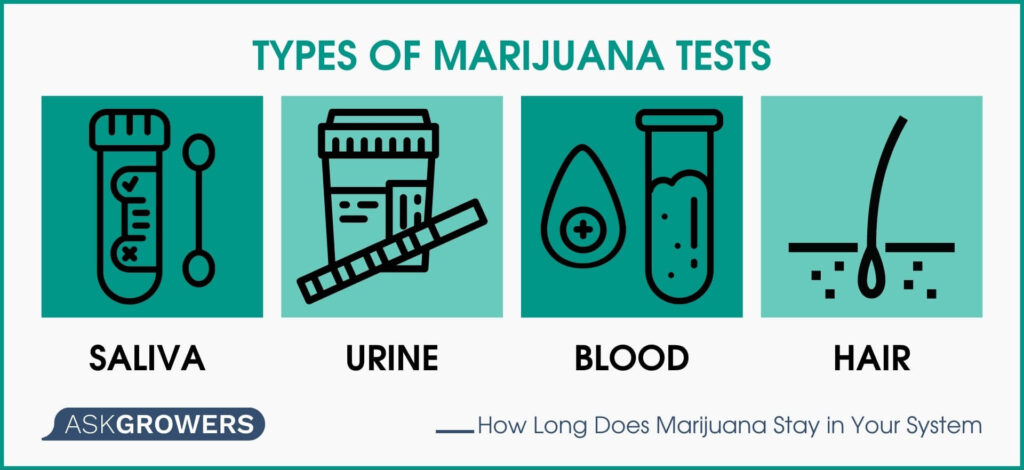
The types of tests used to detect marijuana presence in the body's system are:
- Saliva test – with this test, a user can test positive for up to 34 to 48 hours after the last weed consumption.
- Urine test – Many are wondering how long does marijuana stay in urine. The time varies and depends on the usage. The users who consume weed one or two times per week can test positive for weed for up to one to three days. Those who consume marijuana more than a few times per week can test positive in the frame of 7-21 days after the last usage. Some people can test positive even a month or more after the last consumption, and those are heavy marijuana users. The urine test is the most commonly used drug test.
- Blood test – The user can test positive for up to 36 hours, but THC in the blood can be detected for 3-4 hours in most cases.
- Hair test – This test can show the presence of marijuana for up to 90 days, but that's reliable only for the users who consume pot daily or almost every day. It is unlikely for this type of test to detect marijuana presence in those who smoke it occasionally.
Factors That Influence Marijuana Detection Windows
Estimated marijuana detection times:
- For single-use or first-time usage, the detection time is up to three days
- For moderate users (someone smokes pot three to four times per week), the detection time is usually between 5 to 7 days.
- The detection time for chronic users (those who smoke daily or a few times per day) is much longer, as marijuana can be shown on the test 30 days or more after the last usage.
Many things influence marijuana detection windows. The primary factors are the type of usage, how much weed someone consumes, and the test's sensitivity. But the list of factors that influence the detection window doesn't end there. It is much longer.
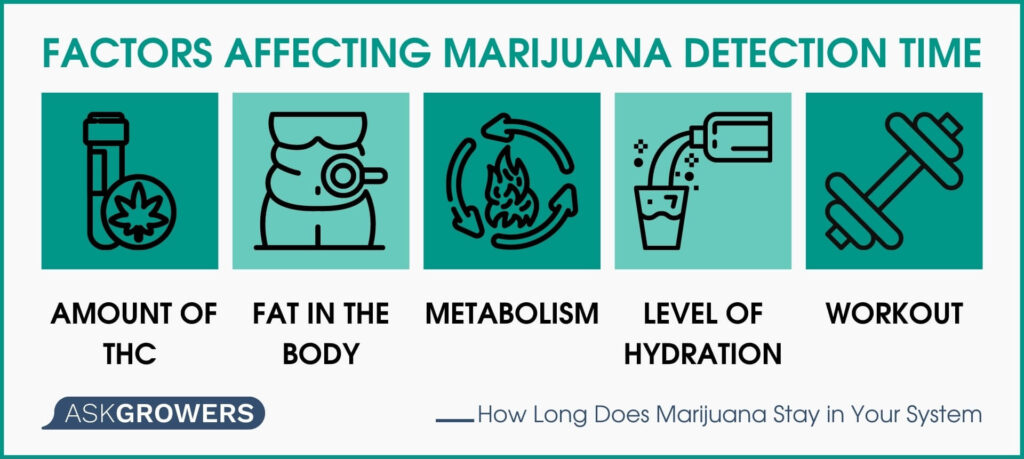
The Amount of THC
Every test will search for the presence of THC, and the amount of it the user consumed is one of the most critical factors. The more the user smokes, the higher the amount of THC is going to be. Of course, another essential thing is the THC strength, but that's something users can't determine on their own.
Fat in the Body
THC builds up in fatty tissues, so fat is what stores weed. The process of building up is much faster than the process of elimination. Therefore, users with more fat will eliminate marijuana from their bodies slower than those with less fat. Women generally have more body fat than men, eliminating weed from the system a bit slower.
Metabolism
Metabolism also plays an important role. The test is negative when THC is no longer in the system. Therefore, a user with a slow metabolism will need more time to eliminate THC from the body than a faster metabolism.
Level of Hydration
Another thing that's taken into account is the level of hydration. Drinking more water won't make some drastic change and won't lower the concentration of THC in the system. But, if someone is dehydrated, the level of THC will be higher.
Workout
While most may think the exercise before the test will lower the levels of THC in the body, it is quite the opposite. Exercising before taking a drug test can increase THC levels. It's because the workout can impact the fat cells to start freeing THC, and those who have more body fat will have much greater increases in the levels of THC.
Is It Possible to Get Marijuana Out of the Body Faster?
How long does it take for weed to get out of your system? It depends on many factors, starting with how much you smoked, the amount of THC, the fat level in your body, metabolism, etc. One of the many questions is if there's a way to get weed out of the system faster.
The thing that plays the most significant role is the time frame between the last consumption and the test. And that is the only thing you can rely on with some amount of certainty. If you don't want to increase THC levels, you need to make sure to stay hydrated. It's because dehydration leads to higher THC levels.
Those who have faster metabolism will eliminate THC faster. Therefore, trying to speed up the metabolism may work, and one of the ways to achieve that is by working out. However, exercise before the test should not be an option as it may increase the levels of THC.

Detoxification kits that contain vitamin C, niacin, herbal teas, and more are pretty popular. But in reality, these kits won't do miracles and won't speed up your metabolism and help you clear weed out of your body. So it is better to avoid these.
Conclusions
Weed is the most used addictive drug in the US, and as legalization moves forward, it is expected to see even more users in the future. In addition, many users want to know more about the time needed for the drug to clear out of the system.
While it would be great to have a straightforward answer to that question, it is not possible. It's due to the fact, so many factors have an impact on how long THC remains in the system. Some of the most important factors are the frequency of use, how much weed you smoked, and when you used it for the last time. Other factors include sensitivity of the drug test, your metabolism, body fat, amount of THC, level of hydration, and more.
For a single-use, the weed will be present for up to three days. For those who consume weed moderately, the detection time is usually five days. And for chronic users, it can be a month or even more.
Getting marijuana out of the body faster is not an option because there is no reliable way to do that. The only dependable thing you can count on is the frame between the last usage and the test. You may work on speeding up your metabolism and drinking more water because dehydration can increase THC levels.

 Health
Health
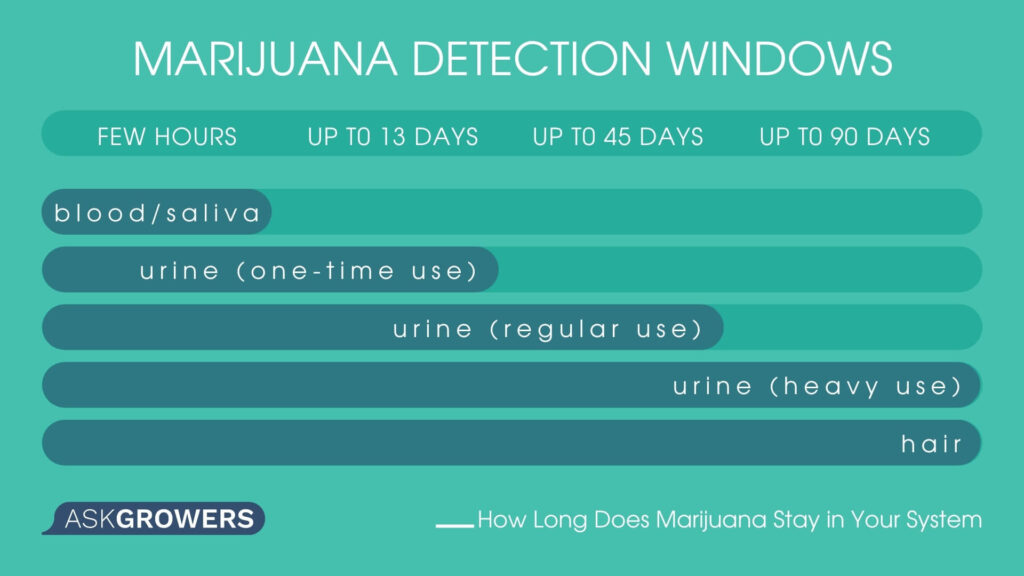

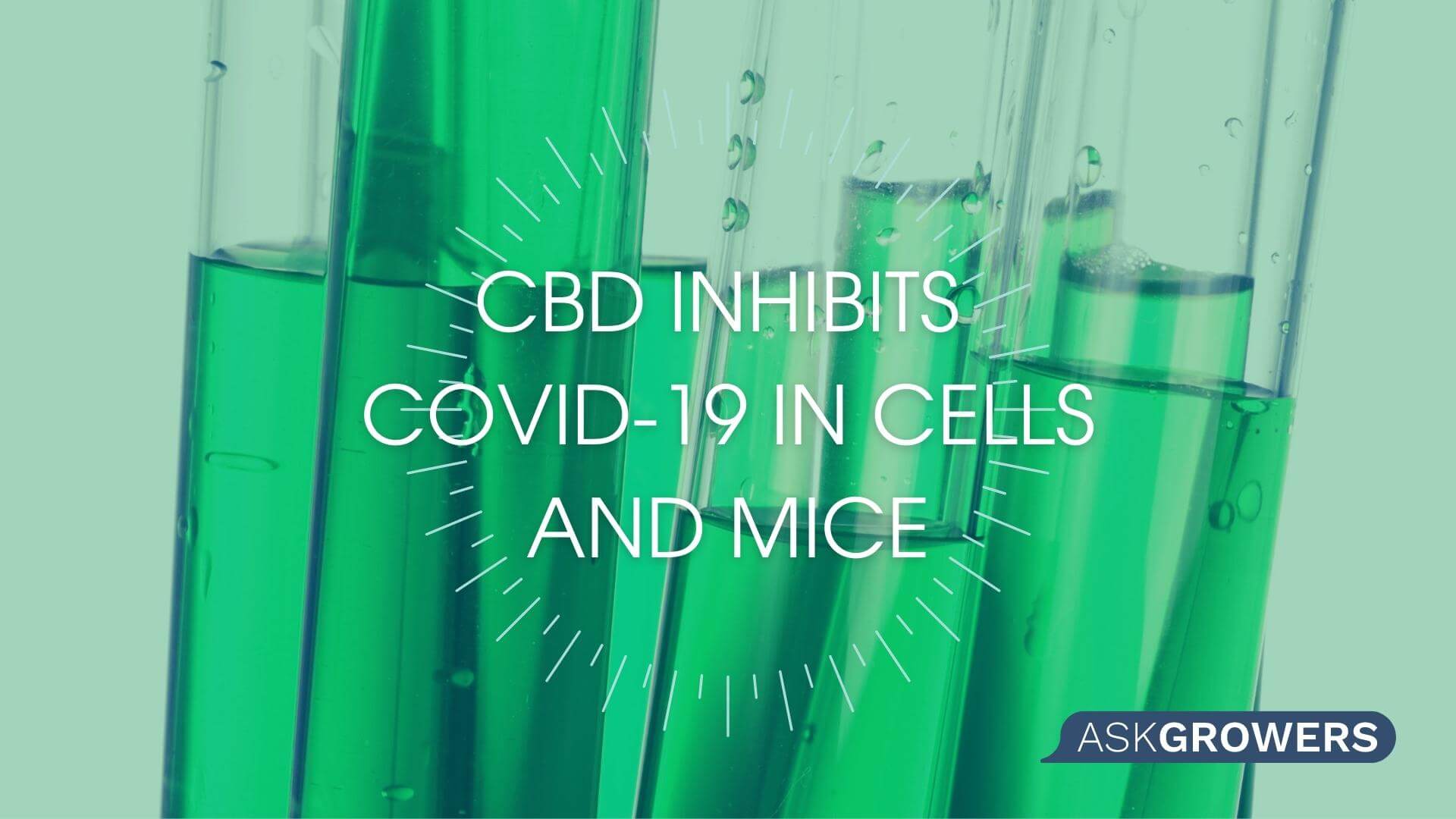





 (1).png)

.jpg)

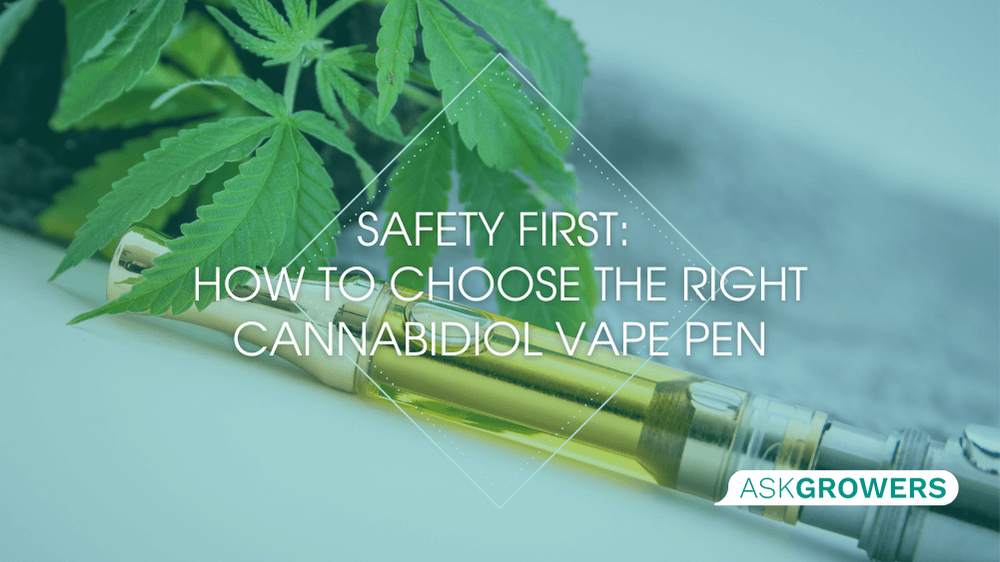
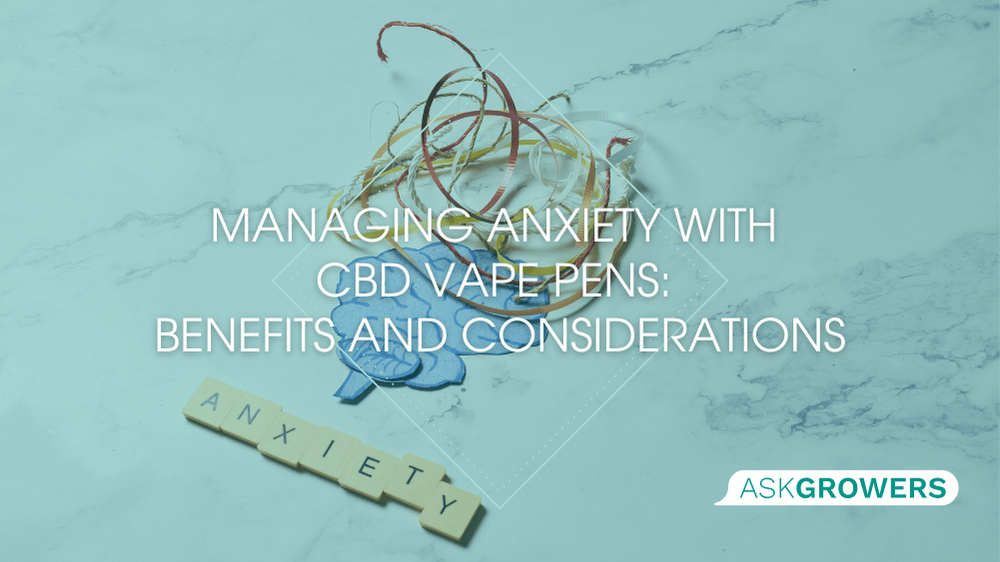
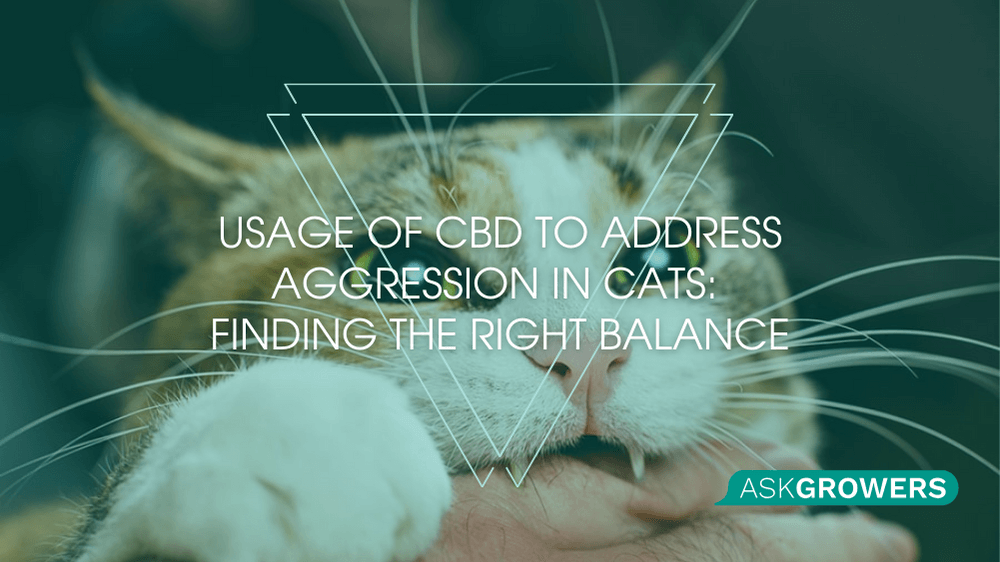

Be the first and share your opinion
Write a Review